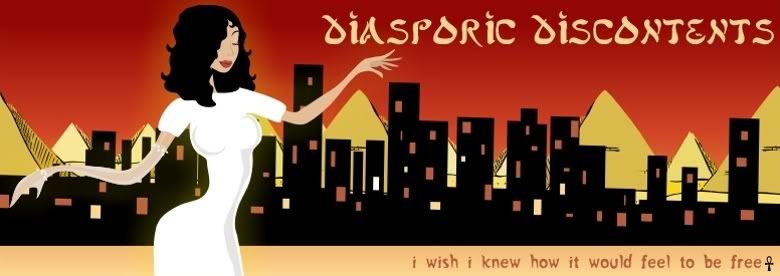The "Zoraida Syndrome" is now used to describe the taboo of loving a foreigner in the way this is lodged in the heart of a woman of Islamic origin.
 In the late 19th century there was a princess by the name of Sayyida Salme. She was the daughter of the Sultan Said, Lord of Oman and Zanzibar. Sayyida fell in love with a German merchant and at one point it is discovered in the palace that she is pregnant. With the help of her brother she leaves her native land with her lover. She converts to Christianity shortly thereafter in order to be able to marry her Christian lover and gives birth to a baby boy in Aden before heading to Germany, publishing her memoirs in 1866.
In the late 19th century there was a princess by the name of Sayyida Salme. She was the daughter of the Sultan Said, Lord of Oman and Zanzibar. Sayyida fell in love with a German merchant and at one point it is discovered in the palace that she is pregnant. With the help of her brother she leaves her native land with her lover. She converts to Christianity shortly thereafter in order to be able to marry her Christian lover and gives birth to a baby boy in Aden before heading to Germany, publishing her memoirs in 1866. The Islamic community today will never acknowledge these stories. Don Quixote will be dismissed as a work of fiction and Sayyida will be dismissed as a bad apple. Women like them will never be given a place in Islamic history because they rock the boat. They give other young girls too many ideas, threaten the foundation of Muslim religious sensibilities. A woman like Sayyida is considered an apostate. My cousin, who has fathered three different children from three different women and doesn't support any of them, who is a plain hypocrite, will forever be considered a Muslim in the eyes of the community. The crazy fundies blowing up the world are condemned, but I have not heard one person declare them apostates. But a woman who has the nerve to fall in love with a Christian will be kicked out. It's the women, not the men, who apparently are the maintainers of all things Muslim.
It's frustrating for me when I hear liberal Muslims discuss how Islam is the only religion that allows interfaith marriage. In theory, yes, that's true. Islam is the only one of the three monotheistic religions that allows for interfaith relationships. Under current interpreation it allows for Muslim MEN to marry non-Muslims. It must therefore mean that Islam promotes interfaith relationships if MEN are allowed to do it. But then, of course, who cares what women can and can't do.

 The Zoraida Syndrome
The Zoraida Syndrome










